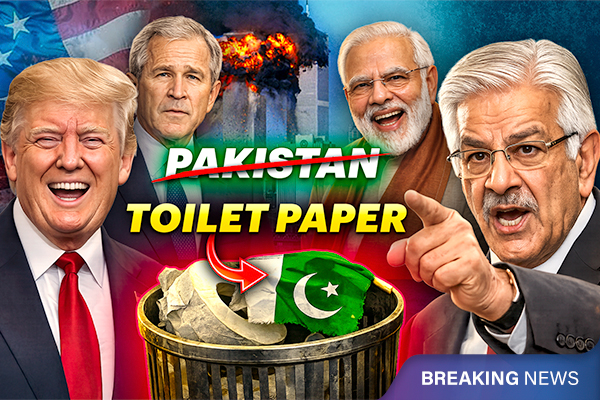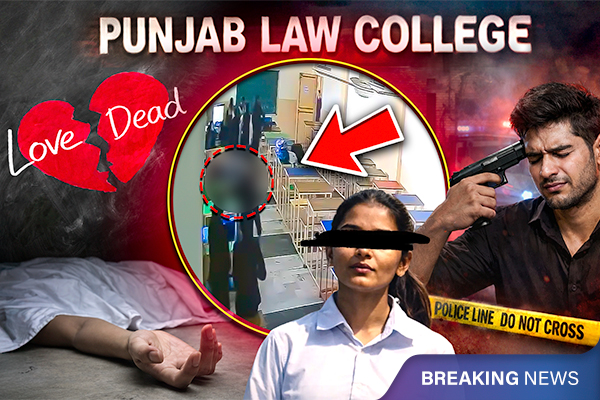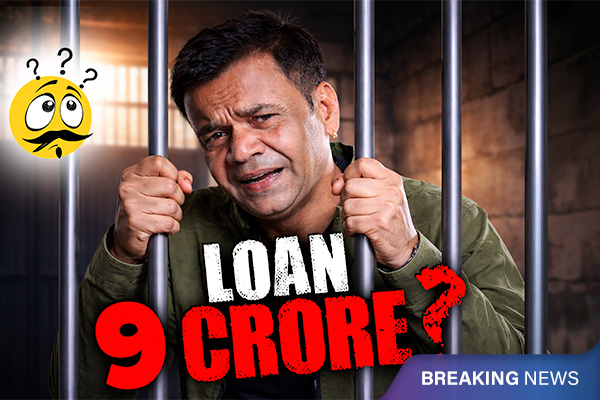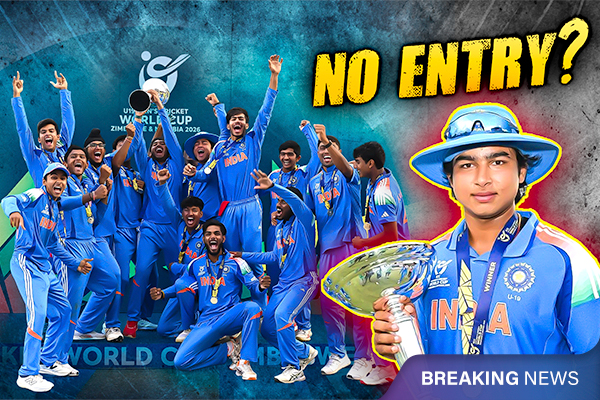Vote Chori: Rahul Gandhi vs Election Commission
Rahul Gandhi’s ‘vote chori’ allegations against the Election Commission have sparked a heated political and public debate over the fairness of India’s elections.
In early August 2025, Rahul Gandhi shocked India’s political scene by accusing the Election Commission of India (ECI) of helping the BJP in what he called “vote chori” or vote stealing. He claimed Congress had 100% proof after months of investigation into voter list irregularities across the country. As an example, he pointed to Karnataka’s Mahadevapura assembly seat, alleging over one lakh fraudulent votes, including fake addresses, duplicate names, and suspicious new applications.
Rahul Gandhi also accused the ECI of refusing to share past voter data, destroying CCTV footage from polling booths, and unfairly removing poor voters from rolls in Bihar’s Special Intensive Revision process. He said similar suspicious voter increases happened in Maharashtra. To take the matter public, Congress launched a campaign called votechori.in and a missed-call number to collect reports of voter fraud, with plans for INDIA-bloc MPs to march to the ECI office.
The ECI quickly rejected these allegations as baseless, demanding Gandhi submit a formal affidavit with detailed proof or apologise publicly. Officials also pointed out that voter rolls are already available online and said some claims, like a woman voting twice, were disproven by official records. The Karnataka Chief Electoral Officer issued a notice asking Gandhi to provide evidence, while the Karnataka government announced its own probe.
Meanwhile, reports went viral claiming that the ECI removed e-voter rolls from its website. The ECI denied this, calling it fake news, saying all state rolls remain online. Fact-checkers found that download failures in states like Maharashtra, Bihar, and Karnataka were likely technical glitches, but social media users linked them to Gandhi’s allegations, making the “vote chori” debate even hotter.
The controversy has raised strong questions about election fairness, with some demanding independent checks and others accusing the opposition of spreading doubt for political gain. Whether this results in reforms or fades as another political clash remains to be seen.







